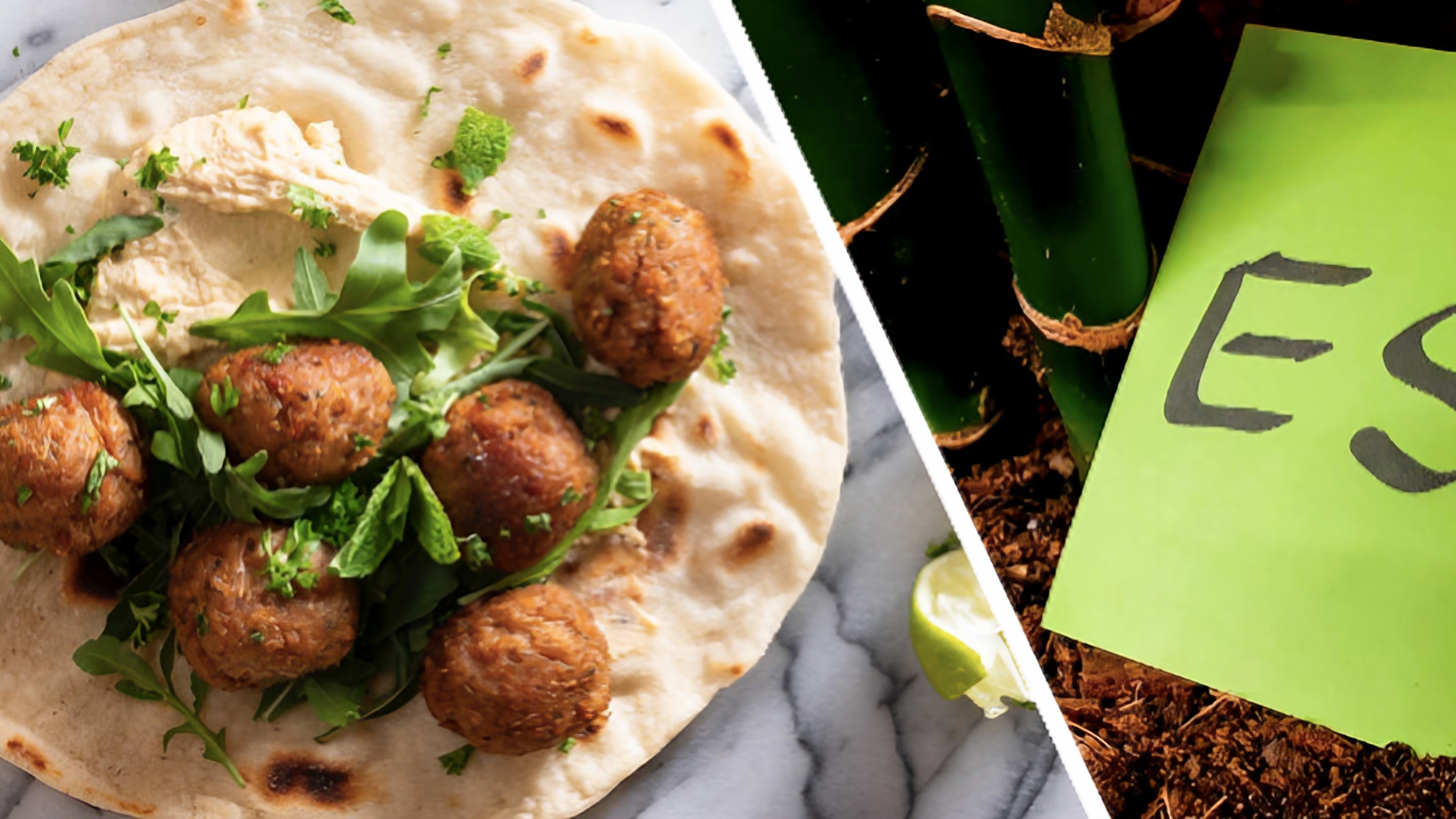Fashionable Falafel and Aspirational ESG

I know it's a catchy title, and you as a reader are wondering what the heck will unravel in the next 500 odd words. I must say that Falafel has been a savior for me for over a decade. As a vegetarian, this is that one dish/food/meal/delicacy that you find if you look hard enough in the Western world. Falafel has also come to represent the go-to-dish for vegetarians, particularly vegans. I might be doing gross injustice if I don't mention Hummus in the same breath as Falafel; of course, the main ingredient is still the noble chickpeas. Did you know chickpeas are also called Kabuli-Chane, Garbanzo Beans, Egyptian Pea, and Bengal gram, to name a few?
For those slowly getting on to the sustainability bandwagon, ESG stands for Environment, Social, and Governance. ESG is, at this juncture, primarily used for rating the performance of companies beyond the financials, considering the wider gambit of stakeholders. ESG as a topic has gained prominence in the last 10 years. If drawn both for Falafel and ESG, the timeline vs. claim to fame would look quite identical.
Climate-Friendly Food Choices Include Falafel
In a recent post by World Economic Forum "foods that can save the planet," legumes (peas/beans/lentils) are second on the list. Falafel is made of chickpeas which is one of the most consumed legumes. Falafel & ESG are seemingly both environmentally friendly; ESG translates into not only looking at the company's financial return that has been the conventional wisdom for centuries but rather holistic performance on a scale that includes environment, social, governance, and financials.
Article: What’s The Difference Between SRI, ESG, And Impact Investing?
If we look at the top producer of chickpeas that is India, it means that increased consumption of chickpeas serves two purposes as sustainable food:
· Consumed at the source by more than a billion people, no long-distance and carbon-intensive supply chain
· From a health standpoint, it serves the need for lack of protein in vegetarians and vegans
I must admit that India hardly consumes chickpeas in the form of Falafel or Hummus but other mouth-watering dishes; one such dish is "pindi-chole".
I might be stretching my luck if I try to make a governance-based argument between Falafel and ESG.
How long has sustainable investing been around?
Intentionally, I have stayed away from a historical comparison as the jury is still out about where Falafel originated (Egypt, Israel, Lebanon, Syria). One thing I can say with confidence is sustainable investments, or ESG has been around in the different shape or form:
· Islamic finance is based on the principle of having a social and an ethical benefit to wider society beyond pure return.
· Jewish investments based on prohibition bal tashchit or "do not destroy."
· 'Dharma & Karma' based Hindu principles also lend to investing.
· Socially responsible investing can find its origins in the United States in the 18th century with Methodism, which loathed the slave trade, smuggling, and conspicuous consumption and resisted investments in companies manufacturing liquor or tobacco products or promoting gambling.
· Contemporary times: Pax World launched the first sustainable mutual fund (PAXWX) in 1971
I looked around for stats regarding what final food makes up for the highest percentage consumption based on the noble chickpeas as the main ingredient; the evidence was scarce and lacking. The list of such food includes Falafel, Hummus, Pindi-Chole etc.
Reason falafel captures our imagination and is the main protagonist along with ESG is:
· Firstly, both stand for the need to transition to more sustainable food and/or investments
· Secondly, the pace at which their adoption has increased, particularly in the western world
· Lastly, they both seem to be entirely fashionable and aspirational these days
How can I conclude without the recipe of a modest Falafel that can be made using limited resources? I can't guarantee this is the original recipe (as none exists) ☺.
Source: KnowESG

